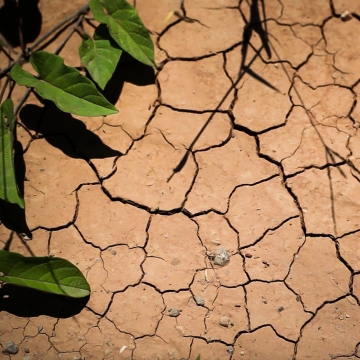
EEU Seminar - Valentin Laprie
The next EEU seminar will be held on Monday the 14th of April at 12:10 – 13:15 in B44. The seminar will be held by Valentin Laprie and he will be presenting a paper on the topic of: Moral hazard in…


The next EEU seminar will be held on Monday the 14th of April at 12:10 – 13:15 in B44. The seminar will be held by Valentin Laprie and he will be presenting a paper on the topic of: Moral hazard in…

The next EEU seminar will be held on Monday the 10th of March at 12:10 – 13:15 in B44. The seminar will be held by Svante Mandell leads the Environmental Economics Unit at the National Institute of…
This volume provides an overview of the political economy of coal in diverse country contexts.
Description
A changing climate is likely to have a drastic impact on crop yields in Africa. The purpose of this book is to document the effects of climate change on agriculture in Africa and to discuss strategies for adaptation to hotter weather and less predictable rainfall. These strategies include promoting opportunities for farmers to adopt technologies that produce optimal results in terms of crop yield and income under local agro-ecological and socioeconomic conditions.

The Conference on Environmental Taxation (GCET) will take place in Latin America for the first time in Porto Alegre, Brazil 24-26 September 2025. GCET26’s central theme is Policies for Green and…

EfD South Africa researchers collaborated with UNU-MERIT to study methods to de-risk green hydrogen investment. They examined Chile and South Africa’s green hydrogen projects and their potential risks…